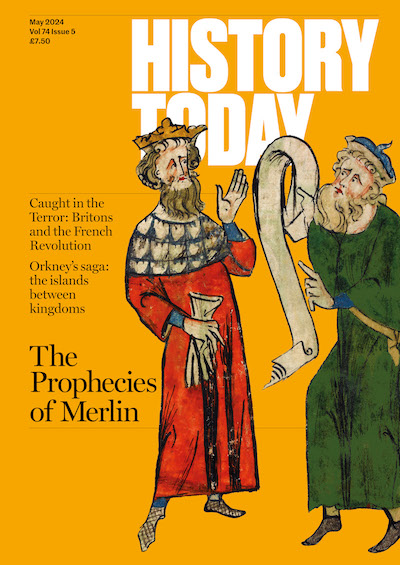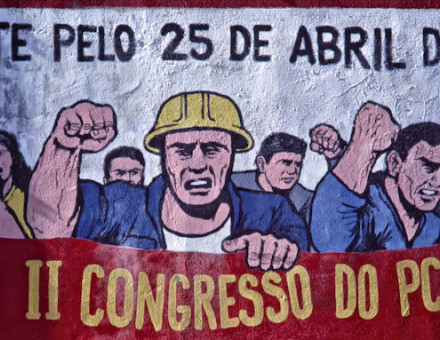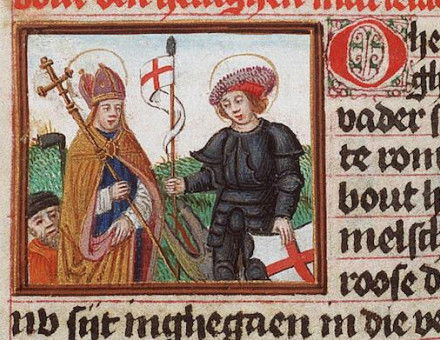An Episode in Anglo-Hanseatic Relations
J.L. Kirby describes how, early in the fifteenth century, King Henry IV of England ordered three trusted servants to conduct delicate negotiations with the rich cities of the Hanseatic League, whence England imported such precious commodities as dried fish, furs, tar and timber.
The constant journeyings from manor to castle and abbey to manor, that made up the life of a medieval King and his court, brought Henry IV to St. Albans towards the end of March 1405. From there, on April 2nd, he wrote to three men of standing, summoning them to his presence “for certain reasons which will be set before you on your coming.” The three were Sir William Sturmy, Speaker of the Parliament held at Coventry in the preceding autumn, Master John Kington, Chancery clerk and Canon of Lincoln, and William Brampton, fishmonger and Alderman of London.
The “certain reasons” were probably well known to these three worthy men, who were not therefore surprised to be told on arrival at St. Albans to prepare themselves for the arduous task of going together on an embassy to Prussia and the Baltic towns of the Hanse. The journey itself was bound to be long, hard and perilous, as the King well knew; for as Earl of Derby he had himself crossed the same seas and lands only twelve years before.





